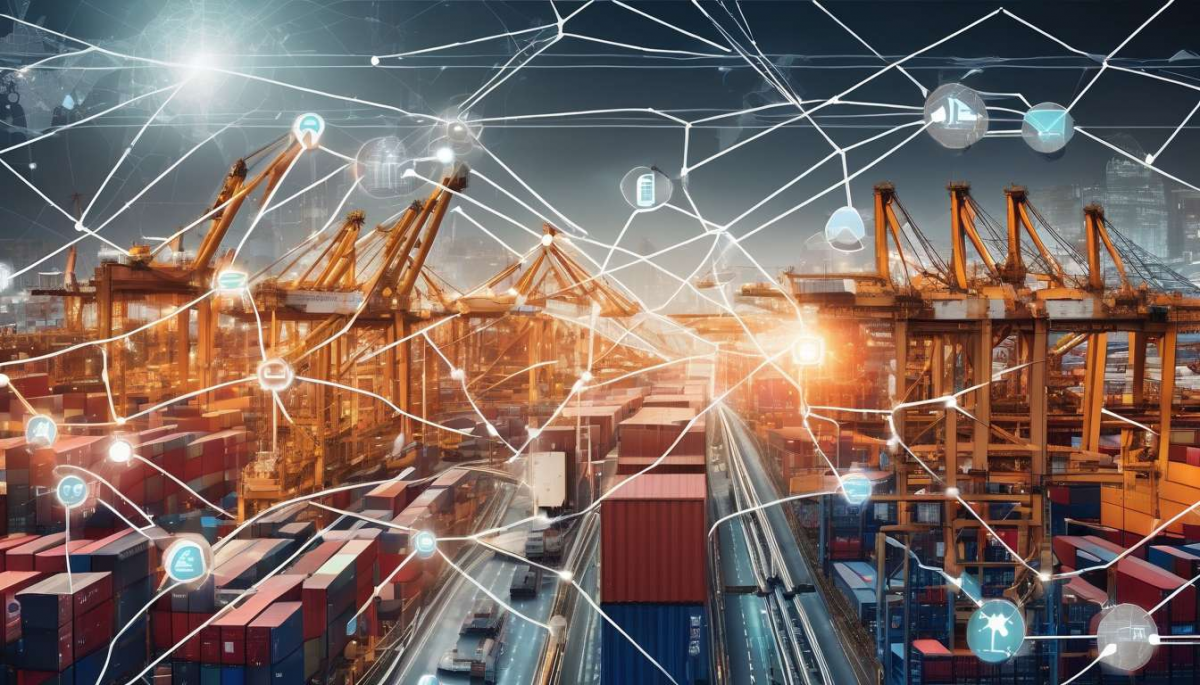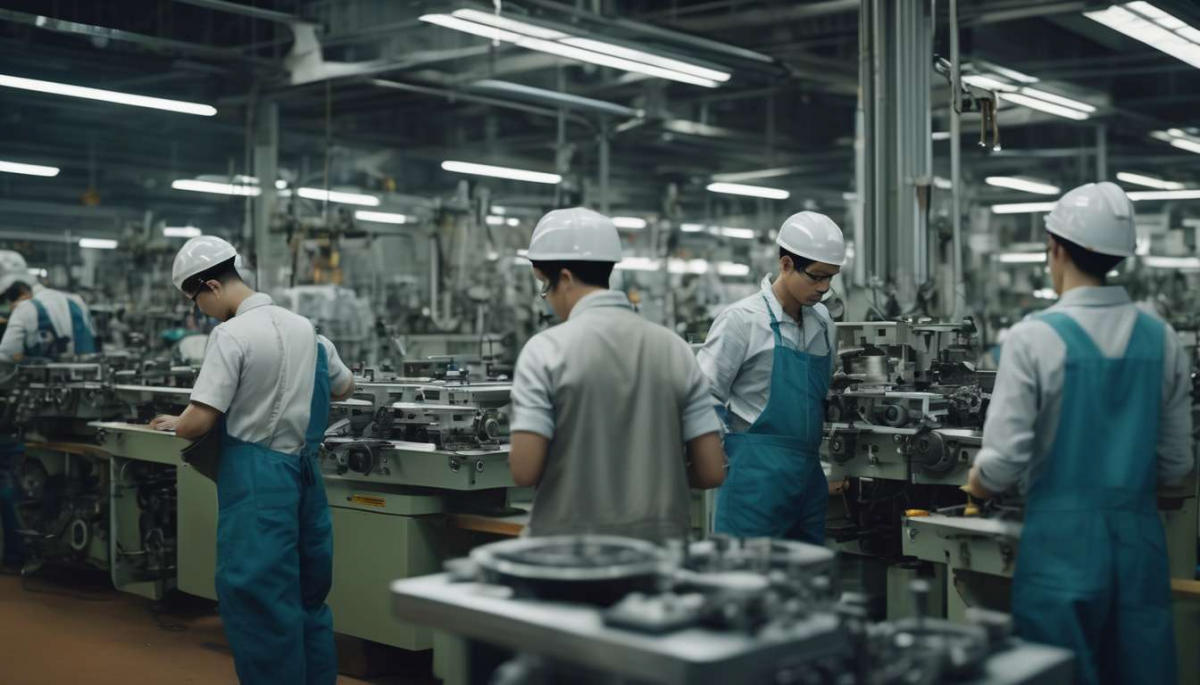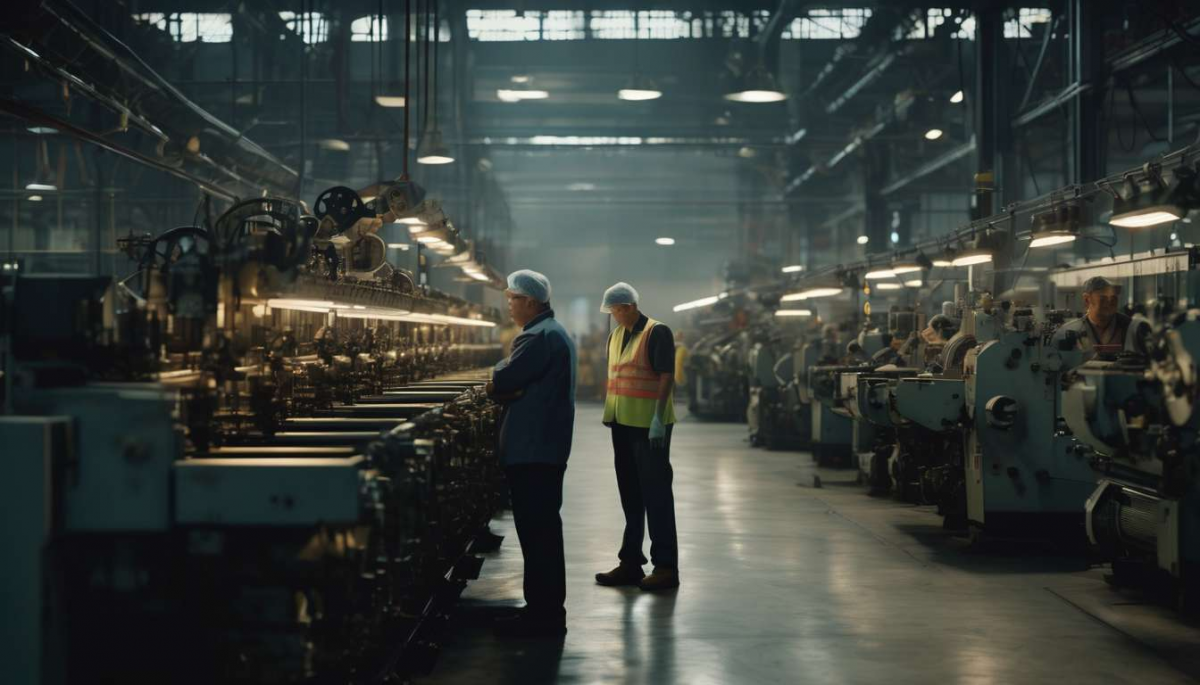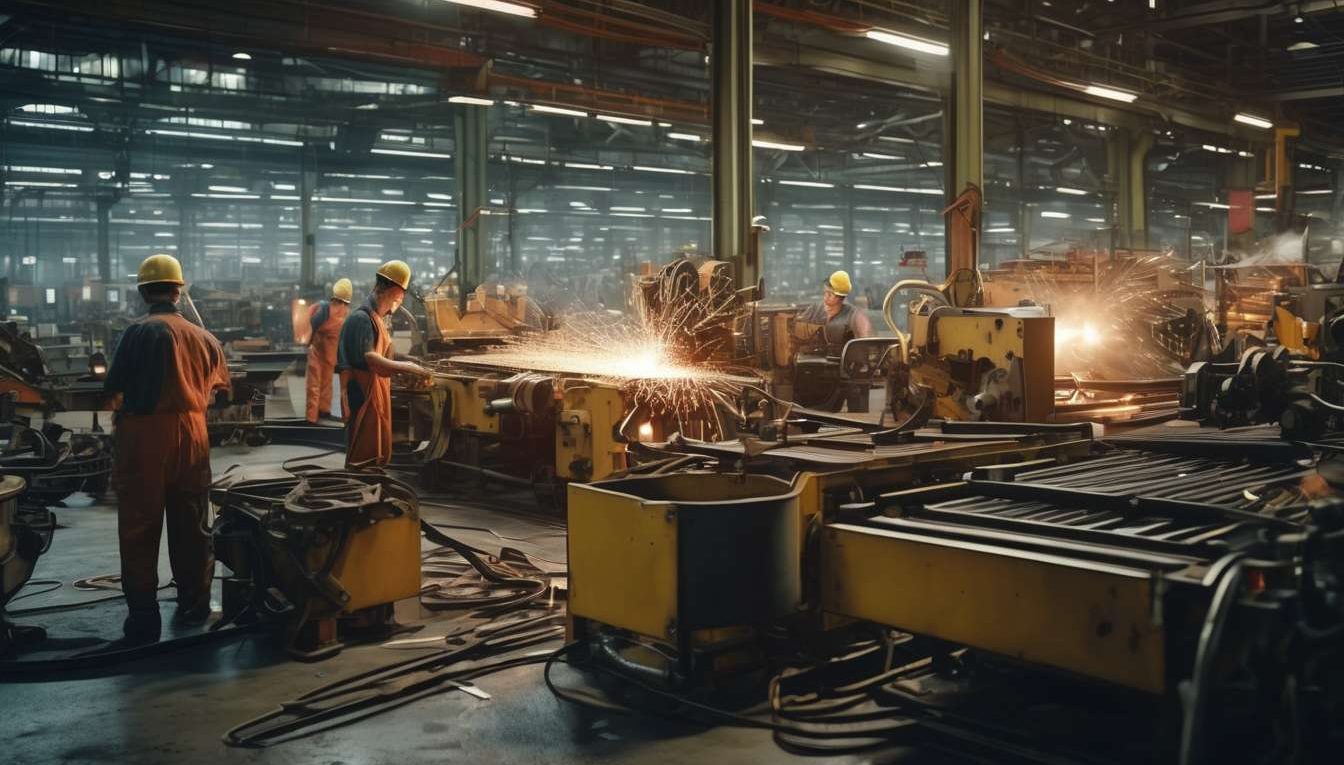What challenges exist in the manufacturing industry?
The manufacturing industry, a critical component of the global economy, faces numerous challenges that significantly impact its operations and growth potential. In an era marked by rapid technological advancements and shifting economic landscapes, manufacturers must navigate a complex array of issues to maintain competitiveness and ensure sustainability.
Key Challenges:
-
Integration of Advanced Technologies:
- Automation and artificial intelligence are becoming essential.
- These technologies require substantial investment.
- Skilled labor is necessary to manage and operate these systems.
-
Supply Chain Disruptions:
- Often exacerbated by geopolitical tensions and natural disasters.
- Can lead to delays and increased costs.
-
Environmental Regulations and Sustainability:
- Manufacturers are compelled to innovate and adapt existing processes.
- The push for sustainable practices is increasing.
-
Workforce Dynamics:
- Skill shortages are prevalent.
- An aging workforce adds to the complexity.
By understanding and addressing these challenges, the manufacturing industry can enhance its resilience and continue to drive economic growth and innovation on a global scale.
In this context, companies like Atlas Copco are pivotal in providing innovative solutions that help manufacturers adapt to these evolving challenges.
Technology Integration Challenges
One major challenge in the manufacturing industry is the seamless integration of emerging technologies into existing systems. As industries strive to remain competitive, the adoption of advanced technologies such as automation, artificial intelligence, and the Internet of Things has become crucial. However, effectively incorporating these innovations into current frameworks presents significant obstacles. The alignment of new technology with established processes demands careful planning and execution to ensure minimal disruption.
In relation to the supply chain, technological integration requires:
- A comprehensive understanding of the entire logistics network.
- Effective collaboration among various stakeholders to enhance efficiency and maintain consistency.
The complexity of supply chains necessitates advanced systems capable of real-time data processing and analytics, which can be challenging to implement.
Furthermore, the workforce plays a critical role in technology integration. Ensuring that employees are adequately trained and equipped to utilize new technologies is vital for success. Workforce adaptability and continuous upskilling are imperative to fully exploit the potential of technological advancements, fostering a cohesive and forward-thinking industrial environment.
Supply Chain Disruptions
Disruptions in the Supply Chain
Disruptions in the supply chain significantly impact production timelines and operational costs, necessitating proactive strategies to mitigate risks. Ensuring a seamless supply chain requires the integration of advanced technology, which enhances visibility and responsiveness.
Leveraging Technology
By leveraging data analytics and real-time tracking systems, manufacturers can:
- Anticipate potential disruptions
- Adjust operations accordingly
This approach not only reduces delays but also minimizes costs associated with unforeseen interruptions.
Workforce Preparedness
A well-prepared workforce plays a crucial role in managing supply chain challenges. Equipping employees with the necessary skills to adapt to technological advancements ensures they can effectively respond to changes in supply chain dynamics.
Continuous training and development initiatives:
- Strengthen the workforce’s ability to implement and utilize new technologies
- Foster a collaborative environment that emphasizes resilience and adaptability
Strategic Partnerships
Manufacturers must invest in strategic partnerships across the supply chain, creating a network of reliable suppliers and logistics providers. This collaboration enhances the overall efficiency and stability of operations, ensuring that disruptions are managed effectively and production goals are met.

Environmental Regulations Impact
Stringent environmental regulations significantly influence manufacturing processes, requiring industries to adopt sustainable practices and innovative solutions to comply with legal standards.
Integration of Advanced Technology:
- Advanced technology plays a crucial role in achieving eco-friendly production methods.
- Manufacturers increasingly rely on automation and digital tools to:
- Minimize waste
- Reduce emissions
- This fosters a sustainable supply chain that aligns with regulatory expectations.
Impact on the Supply Chain:
- Sustainability demands transparency and accountability at every stage.
- Companies must evaluate partners and suppliers to ensure adherence to environmental standards, which can lead to:
- Increased operational costs
- Increased complexity
- These efforts cultivate a responsible network that resonates with values of sustainability and community.
Adaptation of the Workforce:
- The workforce in the manufacturing sector must adapt by acquiring skills necessary to:
- Operate new technologies
- Implement sustainable practices
- Continuous training and development initiatives are essential, ensuring employees are equipped to contribute to environmentally compliant and efficient manufacturing processes.

Workforce Skill Shortages
Many manufacturing industries face significant challenges due to skill shortages, which hinder their ability to adopt advanced technologies and meet evolving production demands. The integration of new technology within manufacturing processes requires a workforce equipped with specialized skills. However, a gap exists between the required expertise and the available talent pool, affecting operational efficiency and innovation.
This skill deficiency poses a substantial hurdle in optimizing supply chain operations, as manufacturers struggle to maintain the seamless flow of goods and services.
Efforts to bridge this gap include:
- Collaborations between industry stakeholders and educational institutions to align curricula with industry needs.
Such initiatives foster a more capable and technology-savvy workforce, enhancing the industry’s capacity to meet contemporary challenges.
Additionally, investment in training programs and apprenticeships plays a crucial role in upskilling existing employees, ensuring they can effectively manage and operate new technologies.
Addressing the skill shortage is essential to strengthening the manufacturing sector’s resilience and competitiveness in a rapidly evolving market.

Aging Workforce Concerns
An aging workforce presents significant challenges for the manufacturing industry, as experienced employees retire faster than they can be replaced. This trend compels organizations to address the impending knowledge gap that could impact productivity and efficiency.
The integration of technology into manufacturing processes offers a potential solution to mitigate this challenge:
- By leveraging automation and advanced systems, manufacturers can enhance operational efficiency.
- These technologies help maintain consistent output levels, even with a reduced workforce.
The aging workforce also affects the supply chain, as seasoned professionals with years of expertise in managing logistics and procurement are increasingly difficult to replace. Organizations must develop strategies to transfer critical knowledge from retiring employees to younger workers, ensuring continuity and stability within the supply chain.
Workforce development programs and training initiatives are essential for the following reasons:
- Equip the next generation of workers with the necessary skills to navigate the evolving technological landscape.
- Foster a sense of belonging and commitment to the industry’s future.
By addressing these areas, the manufacturing industry can better manage the transition of expertise and maintain its operational capabilities.

Resilience Through Innovation
Embracing Innovative Practices in Manufacturing
Embracing innovative practices empowers the manufacturing industry to build resilience and adapt to ever-evolving market demands. The rapid advancement of technology offers numerous opportunities for enhancing production efficiency and flexibility, ultimately fostering a more robust supply chain.
Integrating Cutting-Edge Technologies
- Automation
- Data analytics
These technologies can streamline operations, reduce costs, and improve product quality. These advancements enable manufacturers to respond swiftly to changing customer needs and global economic shifts.
Building a Resilient Supply Chain
A resilient supply chain is vital for maintaining a competitive edge. By adopting digital solutions, manufacturers can optimize:
- Logistics
- Inventory management
- Supplier relationships
This adaptability is crucial in mitigating disruptions and maintaining continuity in production and distribution processes.
Developing a Skilled Workforce
Furthermore, a skilled and adaptable workforce is essential for leveraging technological advancements. Continuous training and development initiatives are necessary to equip employees with the required skills to operate and manage new technologies effectively.
Fostering a culture of continuous learning ensures the workforce remains competent and engaged, reinforcing the industry’s capacity for innovation and growth.

